 Michelle Haywood, Program Manager Michelle Haywood, Program Manager A Personal Calling Michelle Haywood has been with Elizabeth House since 2007, initially joining as a volunteer coordinator. Her passion for the ministry is palpable. “I myself was a very young single mom. When I heard about this place that provided care and support for young moms, it felt like a calling,” shares Michelle, Program Manager at Elizabeth House. Elizabeth House. was founded by the Sisters of Charity of St. Louis in response to a surge in teenage pregnancies. The Sisters recognized a pressing need for housing and support for young mothers, leading to the creation of Elizabeth House. Elizabeth House, a transitional home in Calgary, offers a lifeline to pregnant and parenting women experiencing homelessness. This ministry, which has been a vital support for hundreds of women and children, has been helping generations thrive since 1996. Over the years, the ministry has evolved significantly. Initially operating out of a small duplex, Elizabeth House has moved several times to accommodate growing demand. “We’ve supported approximately 600 women and children,” Michelle notes. The Diocese of Calgary has played a crucial role in this evolution, providing financial and administrative support. This has allowed Elizabeth House to offer 24/7 care and expand its services. Success Stories and Challenges One of the key strengths of Elizabeth House is its ability to offer long-term stays, allowing mothers to stabilize their lives. Michelle shares several success stories that illustrate the transformative power of extended support. “Women who typically would have had their child apprehended at birth or struggled considerably after birth are now able to stay with us and gain foundational skills,” she explains. This holistic approach helps women build lifelong resilience. Michelle also acknowledges the diverse backgrounds of the residents. “Since COVID, we’ve had three women complete their post-secondary degrees while staying with us. Two of them graduated with honours,” she proudly states.
Revamping the Digital Presence Jen Schultz, through her volunteer work, has been essential in modernizing Elizabeth House’s digital presence. Her involvement began when her family foundation connected with Elizabeth House through the Knights of Columbus. Recognizing the need for a website overhaul, Jen brought her expertise in marketing to the project. “The old website was very black and white and not as hopeful as it could have been,” Jen recalls. The new website features a warm, earthy colour palette and an inviting design. “We wanted to make it really clear and actionable,” she explains. The redesigned website includes essential features like a safe exit button for women in unsafe situations and clear application instructions. It also provides detailed information on how to get involved. “The team feels like the new website truly reflects the welcoming environment of Elizabeth House.” A Call to Action Elizabeth House thrives thanks to the unwavering support of the Calgary community. Michelle and Jen both recognize the importance of raising awareness about the work of this ministry. “Come get to know us,” Michelle invites. Whether through prayers, donating, volunteering, or simply spreading the word, there are many ways to support this vital ministry. “Also, we’re hiring!” Elizabeth House’s journey reflects the power of compassion and community. Through their dedicated efforts, they provide not just shelter, but a brighter future for Calgary’s mothers and their children. As Michelle concludes, “We are helping two generations at a time.”
0 Comments
Dear Brothers and Sisters in Christ,
In preparation for the upcoming provincial election, the Catholic Bishops of Alberta wish to encourage all members of the Church to engage in the electoral process. By means of this letter, we offer to our Catholic faithful a reminder of important principles and concerns, which stem from the social doctrine of the Church, to guide the discernment of choices that accord with the Gospel’s vision for the right ordering of society.
Please join with us in prayer for those elected to public office. They are assuming a heavy responsibility, often at great personal sacrifice. May they be granted the strength and wisdom to govern in accord with the precept of charity in service of the life and well-being of everyone. Yours sincerely in Christ, Catholic Bishops of Alberta Most Reverend Richard W. Smith, Archbishop of Edmonton Most Reverend William McGrattan, Bishop of Calgary Most Reverend Gary Franken, Bishop of St. Paul Most Reverend Gerard Pettipas CSsR, Archbishop of Grouard-McLennan Most Reverend David Motiuk, Bishop of the Ukrainian Eparchy of Edmonton
Let us spend the National Week of Family and Life (NFLW) 2023 united in prayer, reflection, and action, demonstrating our active support for family and life. Indeed, families are “guardians of life” when we love one another within our families and in wider society when we show kindness toward and care for the vulnerable and marginalized.
Note: Day 1 can begin anytime! We want to ensure everybody has the opportunity to join in and take part in this wonderful experience. Don't worry if you missed the start of NFLW, you can join in and start participating in the daily prayers and activities from any day.
Source: National Life & Family Week Daily Prayers & Activities, CCCB, 2023
An inspiring grotto housing the statue of Mary seems only fitting for the backyard of Elizabeth House, a transitional housing program supported by the Diocese which welcomes pregnant and parenting women who need a safe place to live. Mother Mary is symbolic of womanhood and motherhood and Elizabeth House staff are hopeful that the resilient women who access the house and services provided there will find the grotto to be a place of healing and hope as embodied in Our Lady of Guadalupe. Dave Curry, who built the grotto with the help of Peter Dugandzic, shared that the project was meaningful to him because the statue of Our Lady of Guadalupe holds pro-life significance. He spoke about the hard work of constructing the beautiful brick grotto in the summer heat last year and how it was recently completed. Dave said that it was “beautiful doing something for Elizabeth House and for Mary”. Dave is a member of the Knights of Columbus Don Bosco Council at St. Peter’s Roman Catholic Church and built the grotto with the help and support from the Knights of Columbus. Elizabeth House has capacity to house seven women and their babies. This program offers resources, support, and a safe place for women to start their motherhood journey. Elizabeth House states that through their program courageous mothers are empowered to work towards a transition to independent living as well as pursue the education or job skills training necessary to help set the foundation for a bright future. Marin Lepp, an Elizabeth House staff, said the grotto and statue speak to the “the incredible support and spiritual foundation that this place has for all of the women who we welcome from every background, every walk of life. This represents strength in womanhood and in motherhood and that looks so different for all of our ladies based on their circumstances.” Marin called the the grotto a grounding place, and a guide in Elizabeth House’s approach to reconciliation for Indigenous peoples. She reflected that at the centre of the work is “motherhood, womanhood and the strength around that.” The special garden area where Our Lady of Guadalupe has taken up residence was blessed recently by Bishop William McGrattan of the Roman Catholic Diocese of Calgary. “I think the legacy of Elizabeth House is something that we’ve received from the religious and I think it’s something that allows us to witness to and continue the sanctity of human life and to know that we’re helping families, especially women who want to make this choice. It’s counter-cultural and I think the Church needs to be present and allow them to go forward with this particular support that they need,” said Bishop McGrattan. 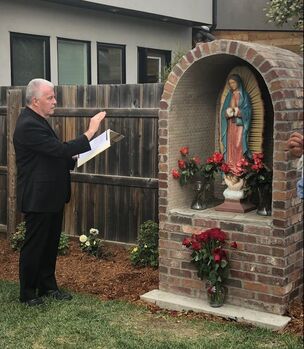 Bishop McGrattan emphasized the importance of making sure that Elizabeth House continues. He stated that the program has important donors and volunteer associations who value and support the work of Elizabeth House and stated that this work is “an important commitment as well. Just the experience of them being here supporting these young women and their children is something. They know they’re living their faith.” Bishop McGrattan also reflected on the significance of Mary as a symbol of grace, joy, and hope for all. He stated that “First of all, she is Christ’s mother. The mother of the visible and the image of the invisible God. But she is also the image and the model of the Church and she is an exemplar. In Mary, the Church joyously contemplates the image of all that the Church itself desires and hopes wholly to be. The Church recognizes in Mary the model of the path and the practice it must follow to reach complete union with Christ.” Bishop McGrattan hoped that when people from Elizabeth House are outside in the backyard the grotto the statue of Mary will catch their eye and that “they might be drawn into a moment of reflection, a moment of prayer. And that’s what images and statues are for. They draw our attention, they focus our thoughts and our sentiments. Often we formulate the words of prayer. This is how I think it will be an important statue here in this backyard of Elizabeth House,” he said. “We know that those who come here in this yard and are able to pray, and contemplate, will ponder as Mary did in the silence of her heart the truth and the gift of human life and the gift and choice that they’ve made. We pray and hope that this will be a time and a moment where they see the hand of God through our Blessed Mother that they have made a choice for life and that we are supporting them.” Written by Mario Toneguzzi & Elizabeth House Staff for Faithfully. Photos courtesy of Marin Lepp.
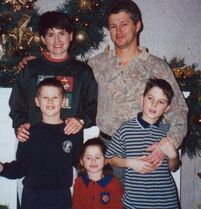 My path to participating in the 40 Days for Life (40 DFL) Prayer Vigil was a winding one. I was a child of the 60’s and 70’s and was fully indoctrinated into the culture of socially progressive values. By the time I had graduated from University, I had embraced the feminist movement. I had grown up in a Catholic family, but we were not practicing our faith, so I did not have any foundation in the teachings of our Church. It was easy for me to accept the values of feminism. I believed strongly in the right of a woman to choose to abort if she wanted to. I met my husband after graduating. He was a practicing Catholic and was strongly pro-life. My husband’s faith grew on me because he was so faithful to the teachings of the Church. By God’s grace, I came to believe in and practice the Catholic faith that I had never known as a young woman. During each of my three pregnancies, I was in awe of my baby growing within me, and I was amazed at the birth of each of my children. So perfect and tiny and soft and beautiful. Each one a miracle. My heart awoke to the thought that abortion was the wrongful taking of another human’s life. One day as I was leaving church, I saw a table with 40 DFL paraphernalia on it and sitting behind it was a bright, articulate woman that I knew through my work. I was surprised to see her, and she told me that she was on the Calgary organizing team for 40 DFL. She said that my parish did not have a 40 DFL representative and asked me if I would take on that position. Suddenly, I was forced to consider what I thought about abortion. I recalled the feminist slogan, “My body, my choice”. I knew that there was more than one body in a pregnant woman. Each of my babies had their own DNA separate from mine. That slogan no longer persuaded me. The baby had no choice. I began to study the issue. I was convinced by embryology that a fetus is a human being from the moment of conception. Human beings deserve human rights including the right to life. We don’t kill toddlers because they are small, dependent, or less developed than older children, so why do we kill defenseless babies in the womb? The answer is because it’s legal and they’re inconvenient. I learned that in Canada over 100,000 babies are aborted each year; that a baby may be aborted at any age and for any reason. This shocked me. Most women abort because the pregnancy is unplanned, and they feel like they have no other choice. Yet, in truth, a mother always has the choice to carry the baby to term and parent the baby or place the baby for adoption. There are many supports for women experiencing unplanned pregnancy, and women need to be shown that choosing life is possible and that there is assistance available to them. I became our parish representative on 40DFL. We stand near the Kensington abortion facility during our twice yearly 40-day campaigns and pray and fast for an end to abortion, for mothers to choose life for their babies, for the abortion workers, and for the community’s heart to be open to the truth of the value of life. Do we make a difference? Last fall, during the 40-day campaign, a young mother with her child alongside approached one of our volunteers, named Mary, who was standing in prayer near the abortion facility with her two teenage daughters. The young mother’s child had a coloured drawing in her hand and she handed it to Mary. The mother thanked Mary for being there and told her that before her child was born, she was considering abortion, but that the presence of people near the facility praying persuaded her not to abort her baby. Her baby was now about 6 years old and was the child who had handed Mary the drawing. It is anecdotes like this that assure us that our prayers and presence there are never wasted.
40 Days for Life is an internationally coordinated 40-day campaign that aims to end abortion through prayer and fasting, community outreach, and peaceful vigils outside of abortion clinics. The spring campaign is from Ash Wednesday, Feb. 17 to Mar. 28, 2021.
Here are some ways your community can be involved for the protection of life, to pray for the aborted babies, their mothers, fathers, families, those experiencing unexpected pregnancies, and for staff and physicians working in abortion clinics.
Consider praying outside the abortion clinic… Praying outside the abortion clinic is one of the pillars of the campaign. It is a peaceful and educational presence. Those who are called to stand witness send a powerful message to the community about the tragic reality of abortion. It also serves as a call to repentance for those who work at the abortion center and those who patronize the facility. May you and your parish intentionally decide to dedicate a day to praying outside the clinic. Praying at The Kensington Clinic (Address: 2431 5th ave. NW, Calgary) - from 7am to 6pm, 7 days a week
40 Days for Life Resources
Suggested books & videos
“Pilgrimage, Sanctuary and Peace in the Parks”: A research snapshot and public talk on parks and nature at the end of life. We all feel it – whether looking outside, in a field, at a beach, or on a mountain – nature gives us perspective about life and death. There is growing evidence of how natural environments impact our physical, mental and spiritual well-being. Little is known, however, about the place of parks and nature at the end of life, or the impact of parks and nature on quality of life during palliative care or in grief and loss…until now! A recent 2018 study discovered that experiencing “Peace in the Parks” was an opportunity for: Personal Exploration, Social Discovery and Institutional Transformation. Despite the challenges to get to parks and natural places, it was always “worth it.” Even brief opportunities were an opportunity to “park palliative care”, and to have sanctuary from the stream of appointments and persistent identity as a “dying patient” or “caregiver.” Research participants shared, “here [in the park] we can just be ourselves”. The experiences were both calming and energizing – providing patients and family members a sense of their strength and the courage to take other journeys they had been previously cautious about undertaking. Everyone can make the connection with nature. Ultimately there is value in even parking or sitting in areas with views of nature or short walks or strolls with a stretcher or adaptive equipment. Access does take planning, information and communication, and the research team discovered that supporting access to parks and nature for those in palliative care and caregivers is not a call for a new program per se, but rather an invitation, and a mindset that can be influenced by training, information and coordination of services. Further program and study is underway now to extend and expand the discoveries made – the pilgrimage and the pursuit of sanctuary continues. By Dr. Sonya Jakubec
======= To learn more about Parks & Nature at the End of Life, to hear the stories and to be inspired by the pilgrimage of palliative patients and caregivers to Alberta Parks, join Dr. Sonya Jakubec (MRU) and co-researcher Jennell Rempel (Alberta Parks) for a free public talk and short documentary film screening with the Calgary Public Library on Thursday Jan 23, 2020 from noon to 1:30 pm at the Central Library’s Patricia A. Whelan Performance Hall. She got a headache on the bus ride home from school. Her feet ache from shoes that fit this morning but now strain against swelling flesh. She feels the baby shift inside her pregnant body, and she is both exhilarated and exhausted. Sitting to unlace her sneakers, she starts to cry. Catherine Aghaegbuna heard the girl come in and sees her sitting at the bottom of the split-entry home, her shoulders quivering. Aghaegbuna takes a deep breath and welcomes the expectant mom home. Aghaegbuna is not her mother. But on this day, and at this moment, she is all the young woman has. Trained in addictions counselling and community service work, Aghaegbuna works at Elizabeth House (EH). Started in 1996 by the Sisters of Charity of St. Louis, the house provides a safe and supportive home to pregnant and parenting young women who need a safe place to live. To date, more than 200 young women have benefited from EH, one of two charities operated by the Roman Catholic Diocese of Calgary. (The other is Feed the Hungry). Christians engaged in this kind of work often talk about the need to see Jesus in the eyes of the marginalized. An immigrant and a woman of colour, Aghaegbuna sees more. “I choose to work here out of my love for the youth and children,” says the woman whose typical shifts run from 5 pm to 7 am. When the mother of five looks into the eyes of the people she serves, she sees the eyes of her own children. She’s reluctant to say her parenting experience gives her an edge, but the parishioner at Corpus Christi admits that parenting her children, ages 27, 19, 18, 13 and nine, helps her through the rough spots at work. “When the women tell me, ‘I am not your daughter,’ I tell them plainly, ‘I have no reason to deceive you. I have children like you. I am a mother.’” Moms helping moms Since 2016, members of the St. Gianna’s Moms Group at St. Luke’s parish have made women and babies at EH house special beneficiaries of an annual Christmas campaign. Named after an Italian pediatrician who sacrificed her life for her unborn child, the moms’ group buys Christmas presents that include self-care items, make up and gift cards for the young moms. “We think about what we can do to make their day special, and some of the gifts include special notes of encouragement,” says group co-leader Michelle Widmeyer, a parishioner at St. Joseph’s. Herself the mother of four, Widmeyer says members of St. Gianna’s feel blessed to contribute to the important work done at EH, where young women get help completing high school and preparing or starting post-secondary education or training. Life at EH also helps the women hone life skills that range from conflict management to cooking, laundry and housekeeping—all while carrying or caring for their new babies. “I can’t imagine what it would be like to be a young and single mother with very little support,” says Widmeyer. That grassroots support for EH’s work is greatly appreciated, says Michelle Haywood, EH program coordinator. “We survive off private donations and are not funded by the government in any way,” explains Haywood, who often finds herself coordinating donations that range from money to supplies. St. Michael’s parish, for example, recently donated a van load of baby and new mom supplies, as well as $4,000 in cash. “They provided everything from nursing bras to baby wipes. It was really something,” notes Haywood. She also appreciates what members of the Catholic Women’s League and Knights of Columbus do to support EH. A group of Knights from St. Peter’s recently took a lead role in a major landscaping project. Individual Catholics also step up with support, including a woman from the St. Paul Centre of the Catholic school district who organized a donation drive amongst her colleagues, says Haywood. Given how complicated the work at EH can be, program support translates into emotional support. “We serve vulnerable and at-risk women, and this can be very difficult work. When people care about what we’re doing, it’s like an emotional boost to our residents and staff,” says Haywood, whose professional work is tempered by life experience. The mom of three, including one born during her 12 years with EH, Haywood is a university graduate whose first baby was born when Haywood was still a teen. -------------- To learn more about Elizabeth House, or to find out how you or your organization can support the program, visit www.elizabethhousecalgary.ca or email Michelle Haywood at [email protected]. Written by Joy Gregory for Faithfully
As my pregnancy progressed, medical concerns for the baby’s life and my own life were discussed. The doctors recommended ‘terminating the pregnancy’ at around 27 weeks. I refused all ideas of ‘terminating.’ Then the doctors suggested testing to see if the baby would have chromosomal issues. This would not change my decision, but the result may have affected their ideas on how to treat this high-risk pregnancy with respect. The test came back normal, and we learned that we were having a son. We immediately gave him the first gift that parents can give their child, his name. Brandon Joseph. It became ‘medically necessary’ to deliver the baby early, thereby terminating the pregnancy, but not necessarily the baby. Immediately after birth, baby Brandon was baptised. Every day of Brandon’s life had value because of the effect his personality had on each person who met him – his parents, his sister, and the doctors, nurses, volunteer cuddlers, interns, roommates, and extended family. Brandon lived for seven months. Just as any loved one who dies in a family, his memory continues to influence our family to this day. Today, I am the educational resource consultant for Calgary Pro-Life Association. School teachers invite me to their classrooms to give presentations on positive self-esteem, and the miracle of life/fetal development, to students in grades five to 12! During one presentation, students hear the sound of the fetal heartbeat that started between 18 and 22 days; then learn that at four weeks, they were the size of my thumb nail; at six weeks their brain was developing, and at 12 weeks they were the size of my thumb! We continue to talk about the development of the fetus until birth. All of us have a responsibility to affirm life in our culture. We need to ask ourselves: How are we modeling the virtues of motherhood to our daughters and the virtue of fatherhood to our sons? How are we raising men who will support women in that natural affection that they ought to have for their children? Tell everyone you meet, no matter the age or stage in life, that they really matter and that they have a life purpose that is exciting to watch as it continues to be revealed day by day! This is how we share the pro-life message so that women and men will know that they have the right to life; and the right to choose life for themselves; for their own children now, and in the future.
The Social Justice & Outreach Department is pleased to announce three important pro-life events taking place in May:
About God’s Work As a testament to what a determined woman can do with God’s help, Thorn began Project Rachel while raising her family of six children. Project Rachel began as a diocesan initiative in 1984, and from there it gained momentum and widespread support across the United States and then Canada, which includes the Diocese of Calgary. She recalls at that time there were no experts to call upon when she developed Project Rachel. However, she was convinced then and still now practises a post-abortion healing ministry that offers anonymity, has a strong spiritual element and includes a psychotherapeutic component. The name Project Rachel is inspired by Scripture: “Rachel mourns her children, she refuses to be consoled because her children are no more” (Jeremiah 31:15). Thorn knows that mothers of aborted babies go through different types of grieving and often seek forgiveness in the Sacrament of Reconciliation. They are not the only ones who are traumatized from the loss of their child. Fathers who didn’t want the abortion, grandparents and siblings who later learned about it are also devastated. Thorn has travelled to 28 countries speaking to thousands about not only the impact of abortion on men, women and on our culture but of what God’s ultimate plan is for humanity revealed to us through the science of the human body. Family Matters Thorn takes great joy in seeing her children value life. Now they’re all grown, and there are 14 grandchildren for her and her husband to enjoy. Each of her kids, she says, along with their loving partners and her grandchildren “are just a delight to my heart.” Despite needing to lay low for health reasons, she said she’s still busy looking to expand and develop a framework for post-abortive healing in places around the world because, she explained, “you can’t just use an American model in other countries.” Her research has led her to seek communities of sisters who are already, as she said, “the boots on the ground” serving the people where they are. In Milwaukee she says, she’s running a program for African American pastors who want to learn about post-abortive healing. There is a great need but “not a lot of help.” Theology of the Body This March, she’ll find herself at the Theology of the Body Conference in Calgary to speak to attendees about the science that undergirds the Theology of the Body, much of what she says is “well researched, but not well known.” We have been seeing the effects of the sexual revolution since the 1960s culminating in what many in the Church refer to as a culture of death. Thorn spends a lot of her time explaining the wounds many of us experience as a result, with scientific studies to help her show the audience hard facts. What we will hear from her is much deeper than what we heard from high school sex education. Armed with the facts of male and female biology, the science of attraction and the biochemistry of sex and conception, Thorn will take us through the beauty of God’s plan for the human body. “We haven’t really understood how awesome we are in terms of our sexuality,” she said, adding that over time the wonder and beauty of sex have been lost. What she’ll share with us will be concrete, uniting what the Church teaches with scientific fact, which will further our knowledge of what she says is “God’s intentional plan.” Looking at all she has achieved and the ministry she continues to grow, attendees to the upcoming conference will be blessed to be part of her journey and work. Written by Jessica Cyr
|
Author
Catholic Pastoral Centre Staff and Guest Writers Archives
July 2024
Categories
All
|



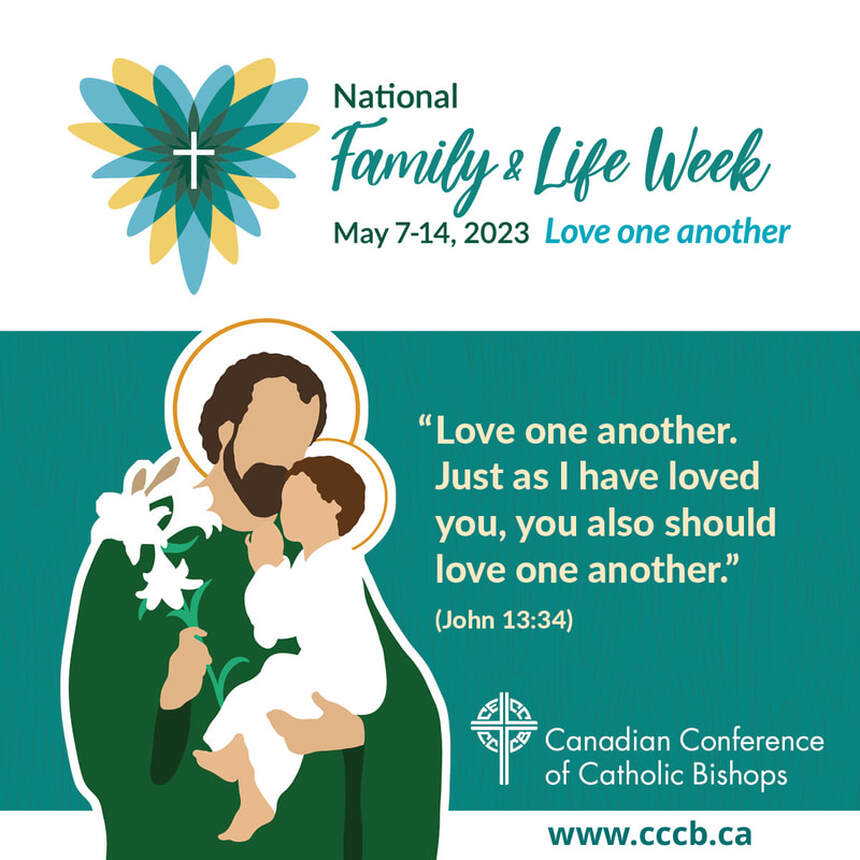

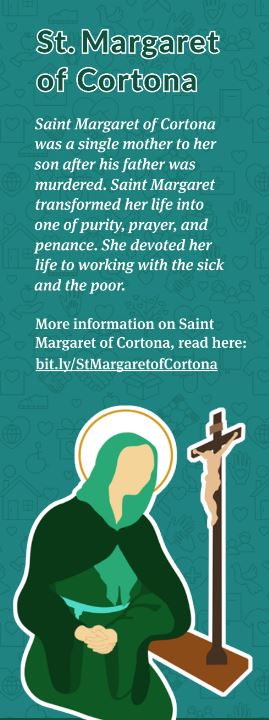

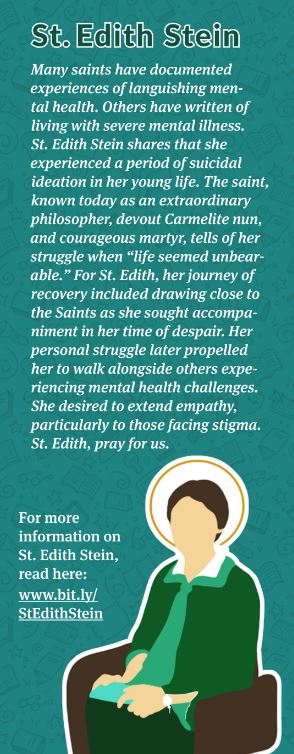

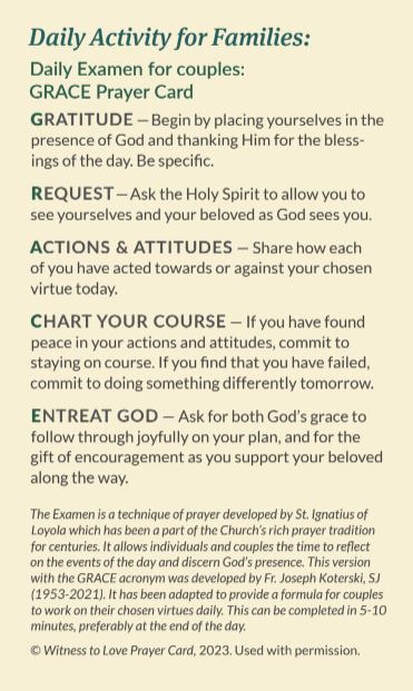
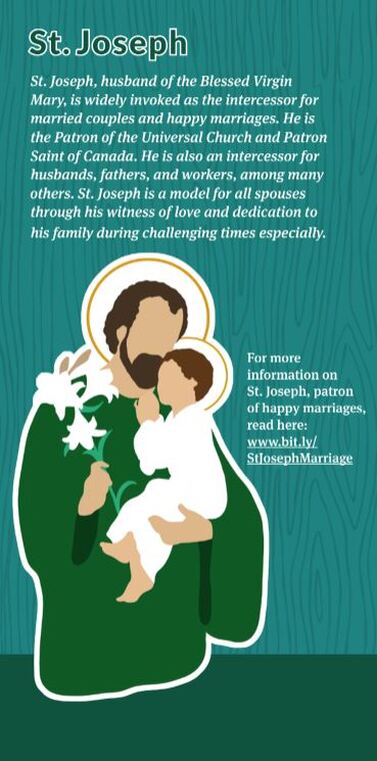

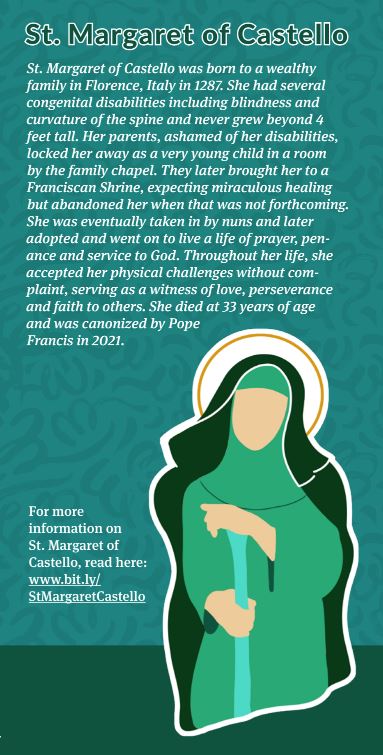

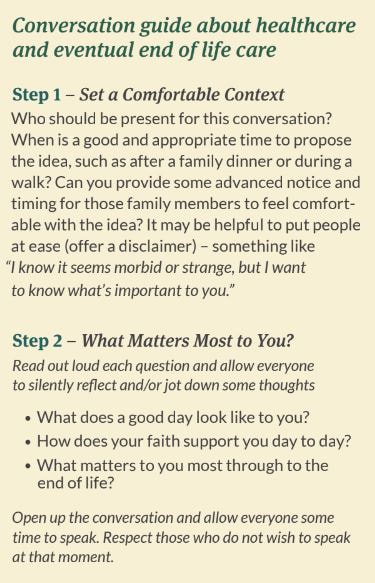
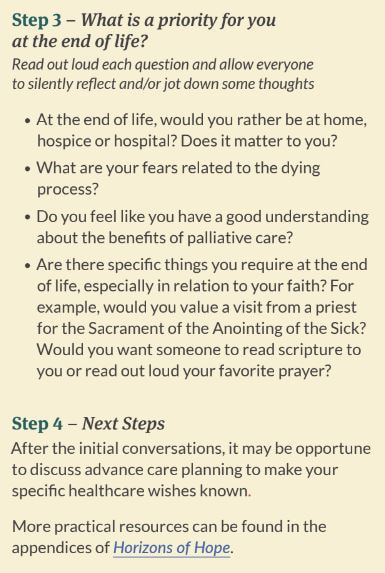
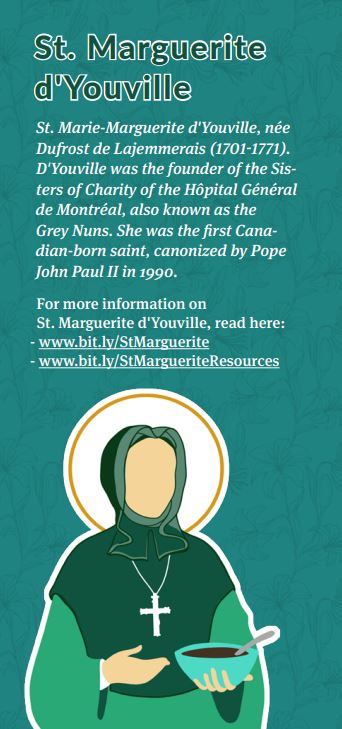

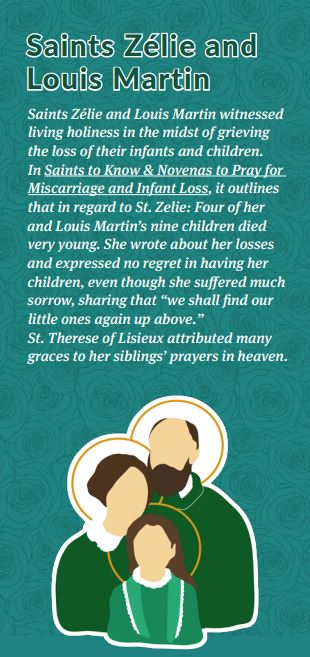
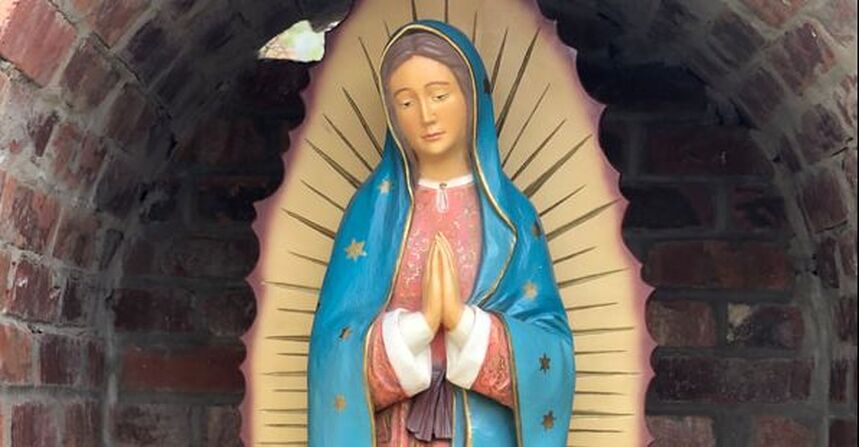
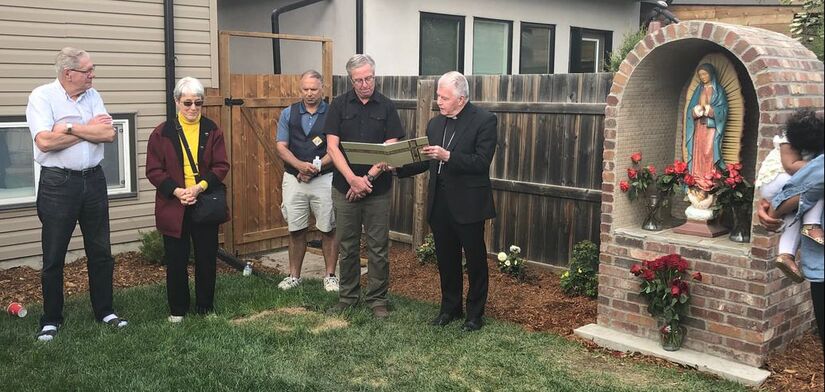
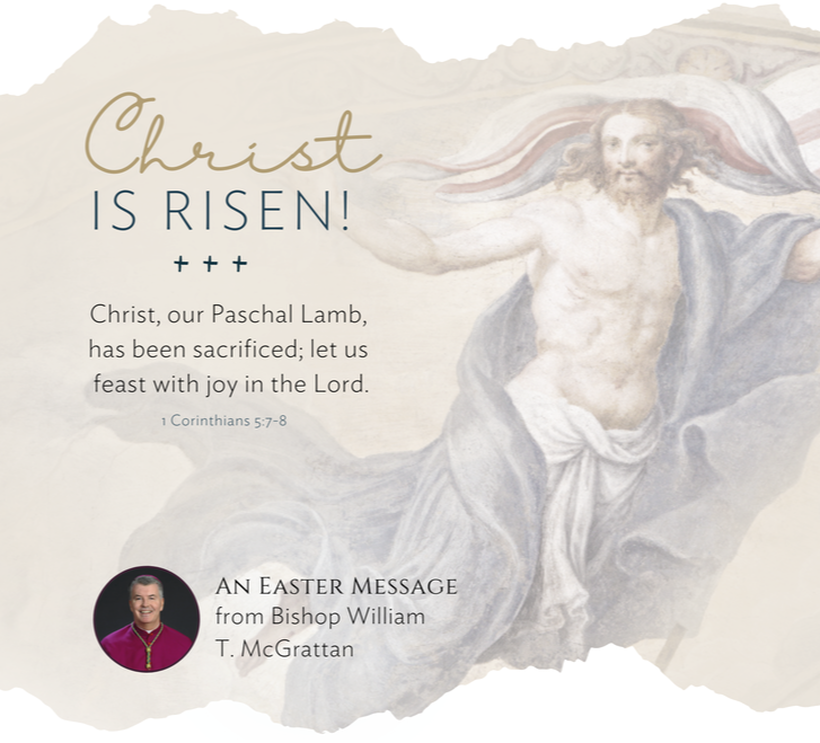
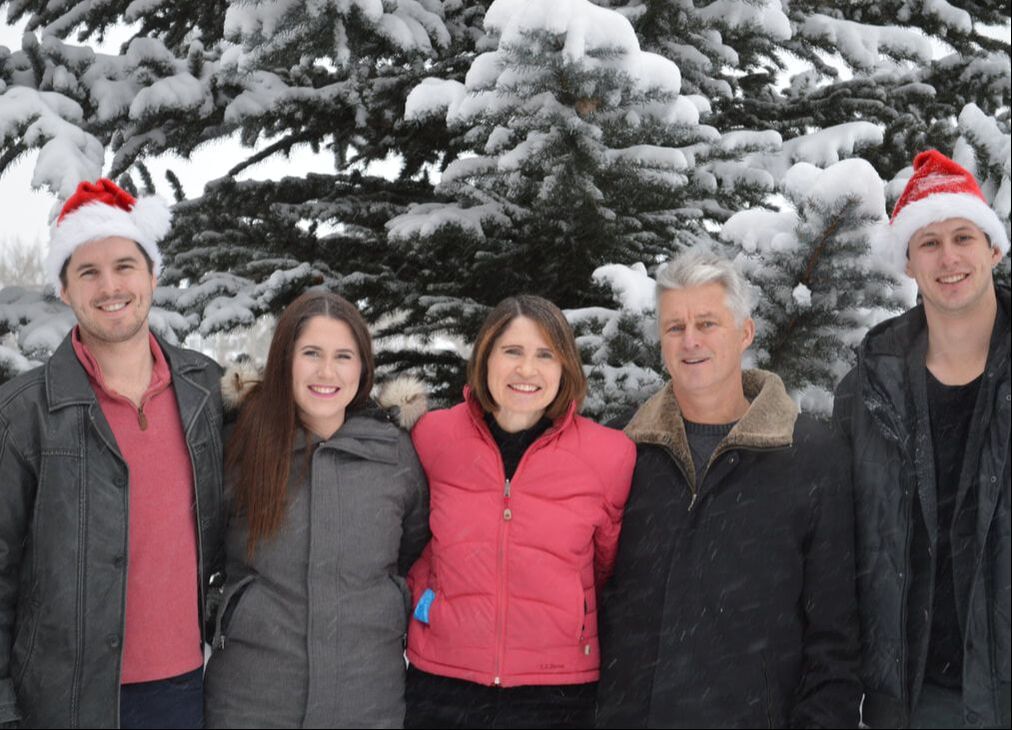
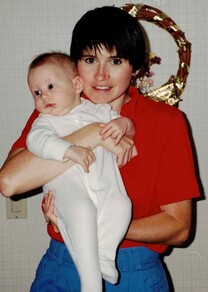
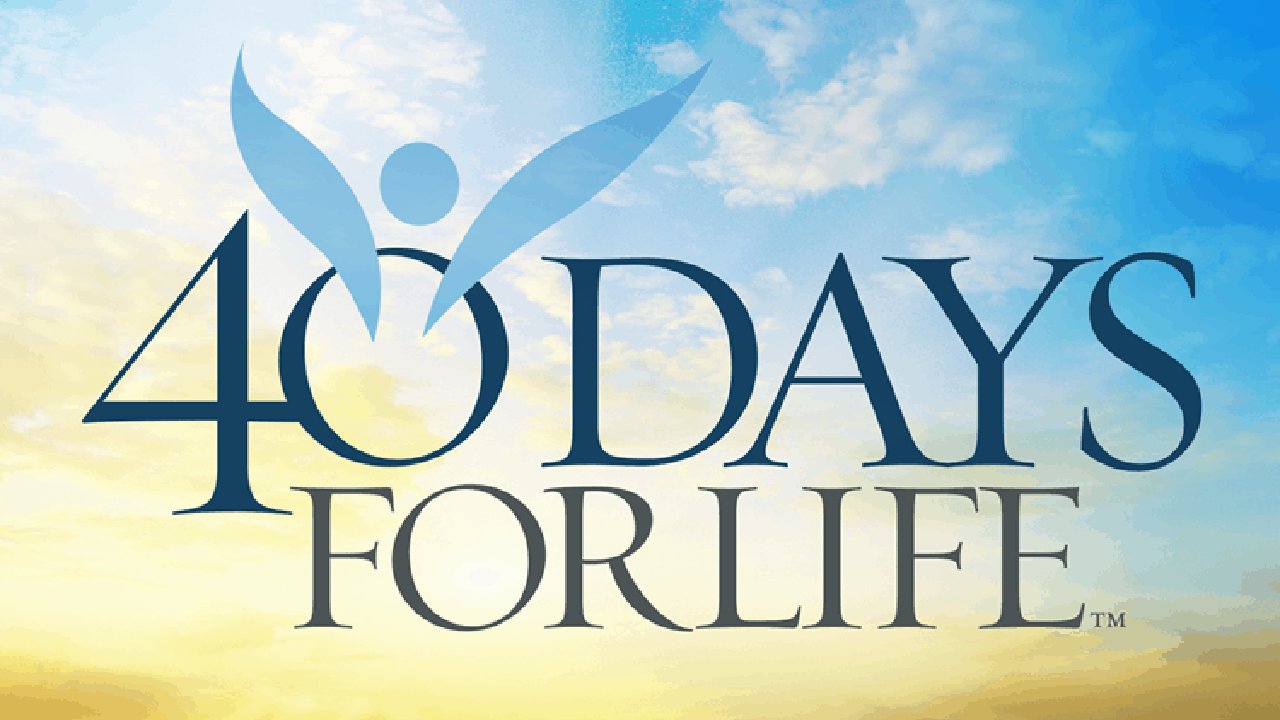
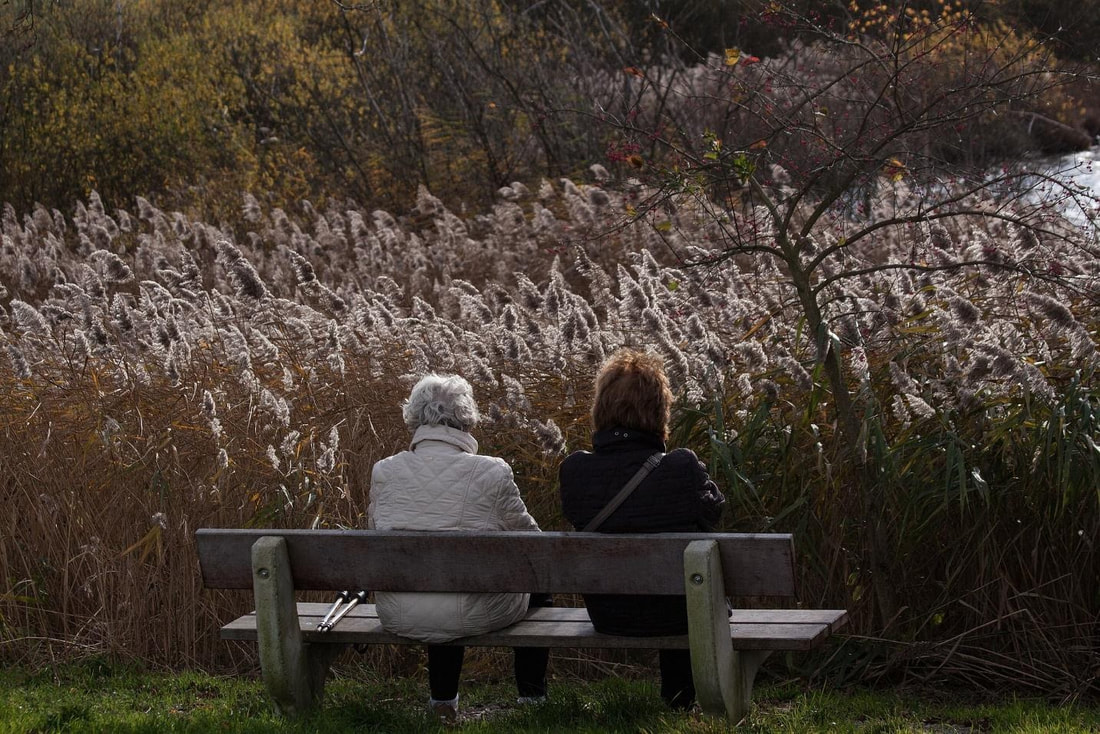
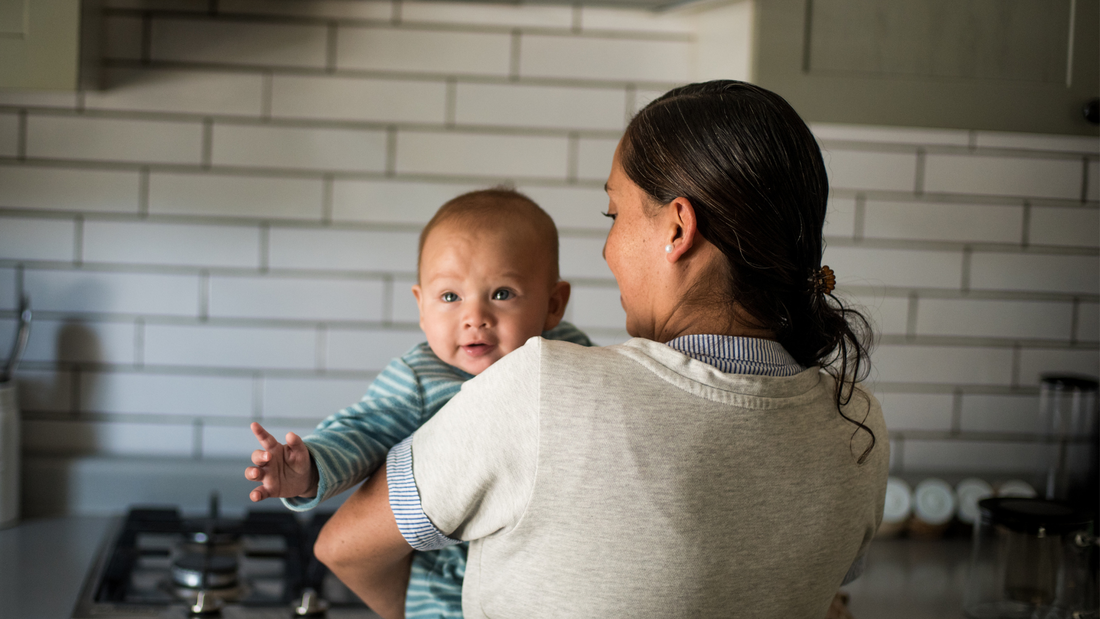
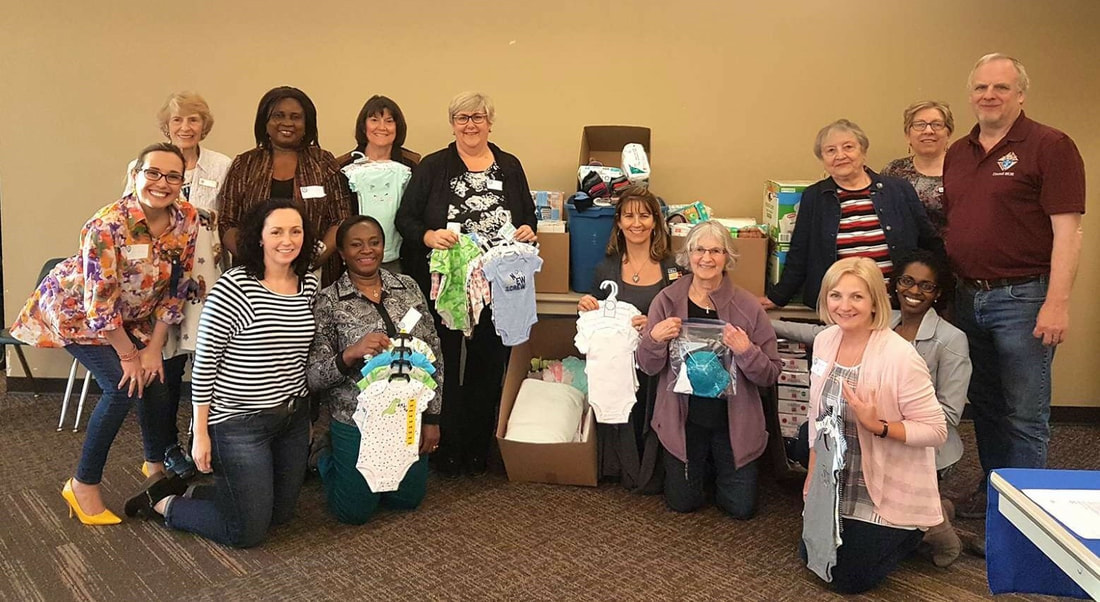
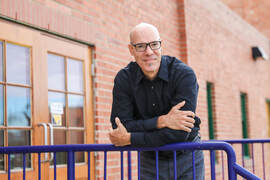
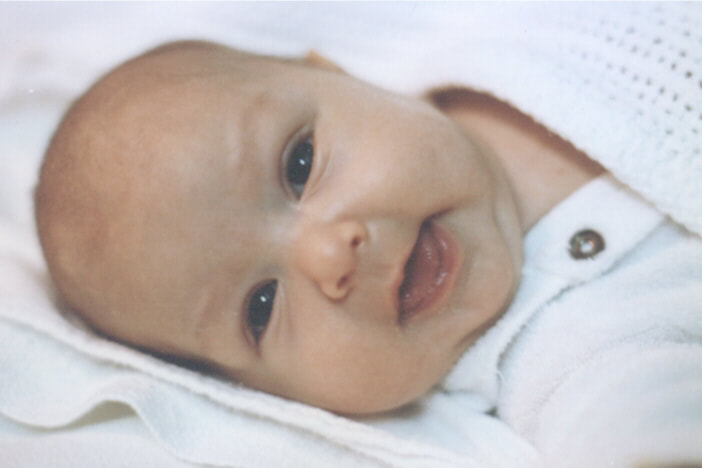
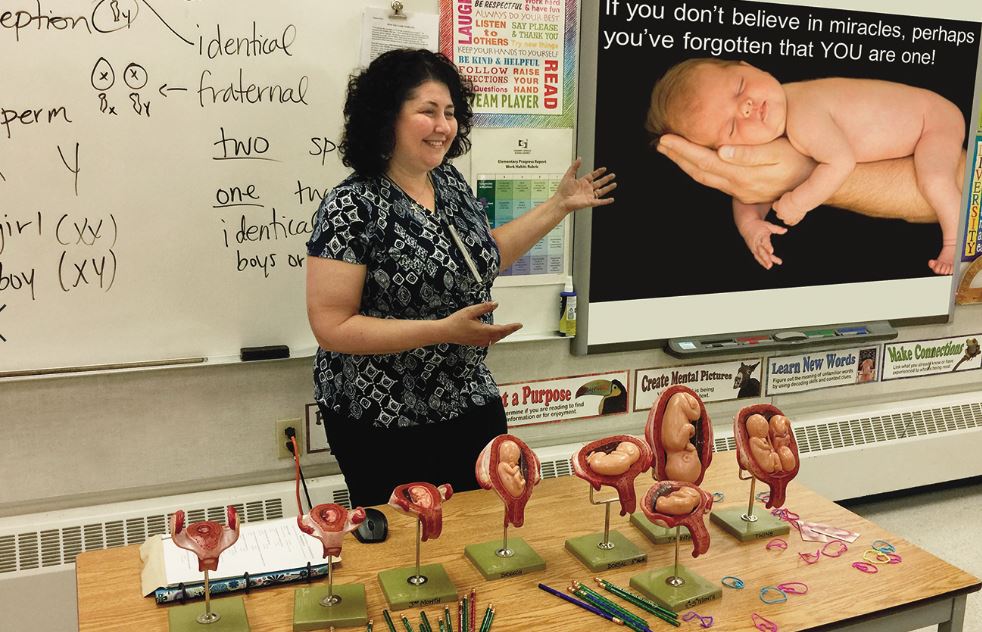
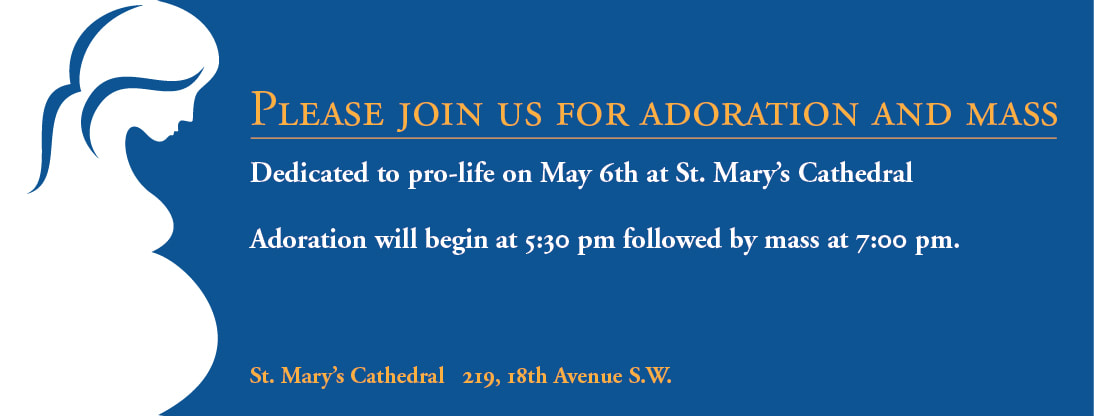
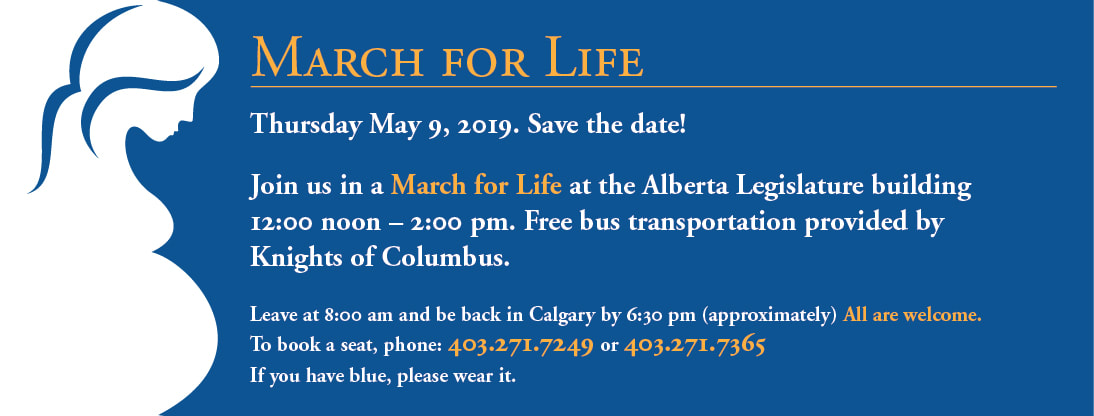
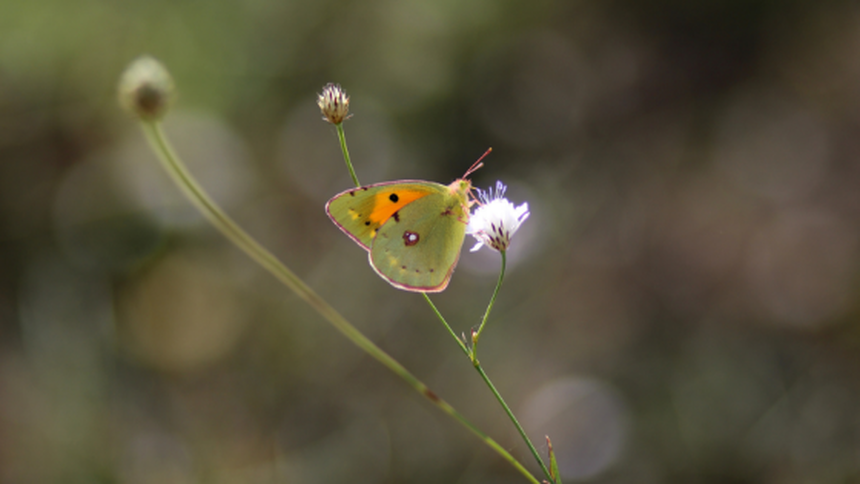
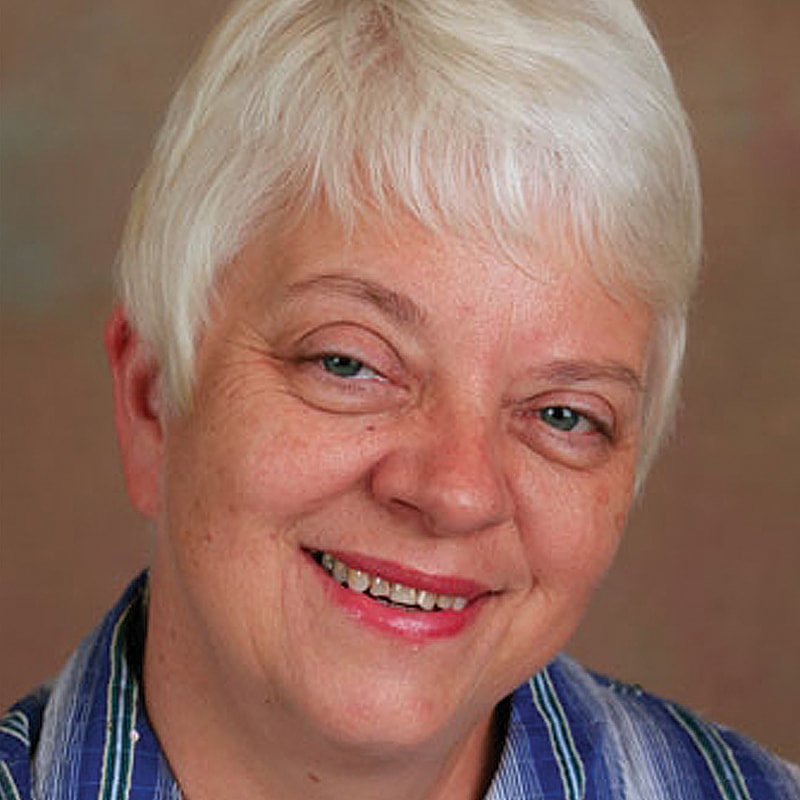
 RSS Feed
RSS Feed